“Why don’t you just go home?” Is a question I’ve been faced with a few too many times to count over the past few months. Since the world went into lockdown I have found myself at a crossroads. To stay or to go – it’s a question I’ve not only been asked but also asked myself. So just what does it mean to be stuck overseas during a pandemic? I’m sharing my story of being stuck in South Africa to help shed some light on the difficulties of being far away from home during a pandemic.
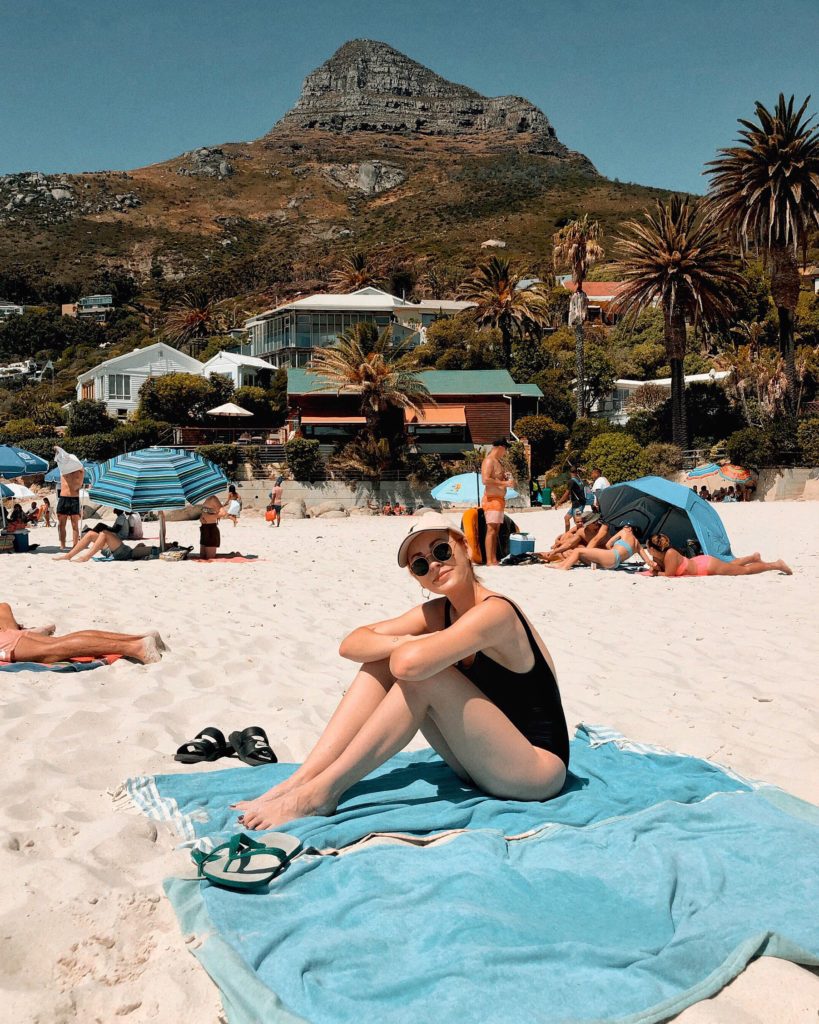
When a dream becomes a nightmare
In November last year, I packed up my things and booked myself a one-way ticket to South Africa. My boyfriend was waiting on the other side of that flight in South Africa, welcoming me with open arms and a bunch of supermarket flowers.
He and I met a couple of years ago in the Okavango Delta. I was on a safari in Botswana and since the first time we sat down for dinner, sparks flew. Quite literally hundreds of fireflies were circling around us as we got to know each other over one too many glasses of red wine.
A year later, we decided to make a go of our relationship. In all my travels I had never dated someone seriously crossing country lines and in all honesty, I thought it would be easy given my career as a travel writer.
For a while, it was. And then the pandemic happened.
Partner visas in Australia
I moved to South Africa as a last resort. Given the difficulties and delays in processing a partner visa in Australia (it currently takes 2-2.5 years to process), it seemed like a better option for us.
After he visited me in Australia for ninety days as a tourist, we set our sights on a more permanent plan. However, if you cannot prove you have lived together for a year, the process becomes quite difficult.
I can understand why these barriers are in place, but when you’re in love, even the sensibility doesn’t seem to make a lot of sense. All you see is uncertainty and plenty of it.
Partner Visas in South Africa
I flew to South Africa in November and before I arrived, it seemed there would be no greener pastures for our living situation on this side of the globe. The partner visa for South Africa was just as complicated.
A friend of mine suggested travelling in and out of the country on a three month tourist visa. Every time the three months is up, you just travel out of South Africa and back in again, effectively restarting the three month allowance.
I did that a few times. Even an immigration lawyer suggested this was a better idea, until we could prove we could live together for one year.
We signed a 12-month lease in Cape Town, furnished a house, and our long-term plan seemed to be working. Then suddenly everything changed. Borders began closing and it was difficult to know where home was anymore.
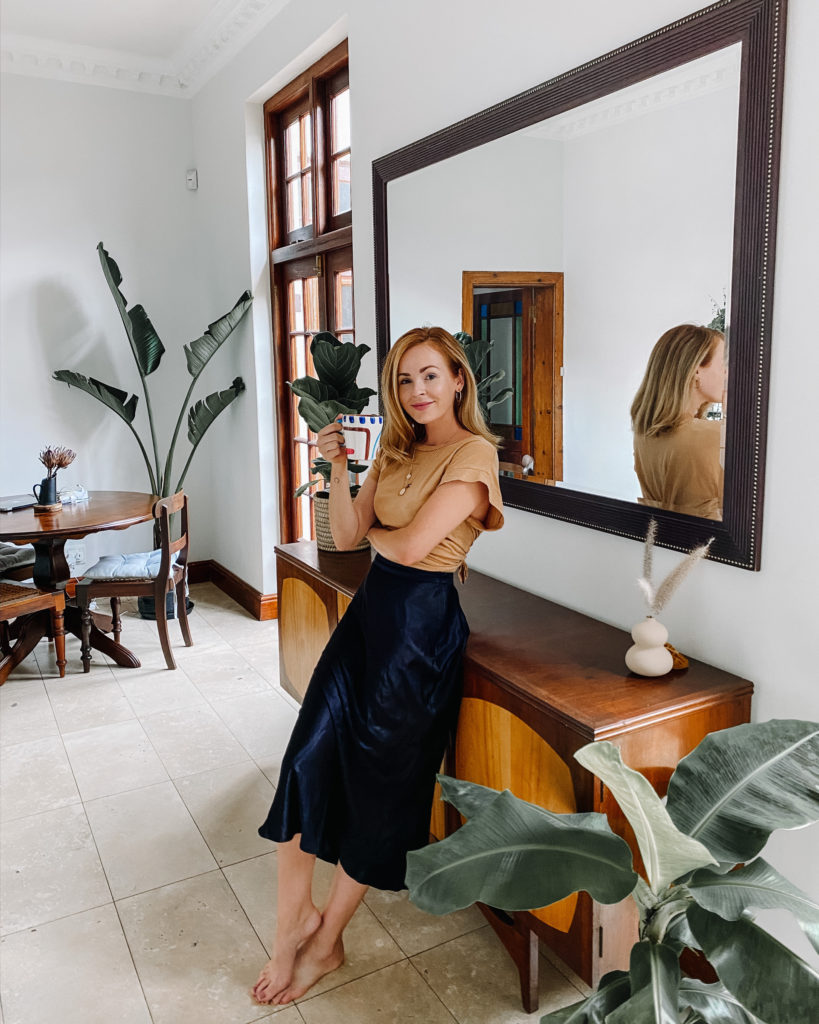
The South Africa Lockdown
On the 7th of March, I landed back in South Africa for what would be another 3 months stay at my new home in Cape Town. A couple of days later, I was packing my bags again to embark on a rhino conservation trip in Phinda Reserve.
It was on this trip when things started to change – very quickly and very drastically. Suddenly borders were closing (including the Australian border) and the world was effectively pausing indefinitely. No one knew how long flights would remain grounded.
On the 20th of March, I landed back in Cape Town after the conservation trip of a lifetime. I was joining a small group of conservationists saving rhinos from poaching. Instead of ending the trip short, I stayed on to finish the task at hand.
On the same day this trip finished, Australia’s borders closed to all non-citizens and non-residents. Being an Australian citizen, I figured I could still fly home.
As soon as I landed back in Cape Town, South Africa went into a nationwide lockdown for 100 days. This lockdown included a curfew, a ban on alcohol and cigarettes, and you could only leave your house to get food or medicine. Eventually, exercise was allowed for a few hours each day. But much of my life here in Cape Town hung in the balance.
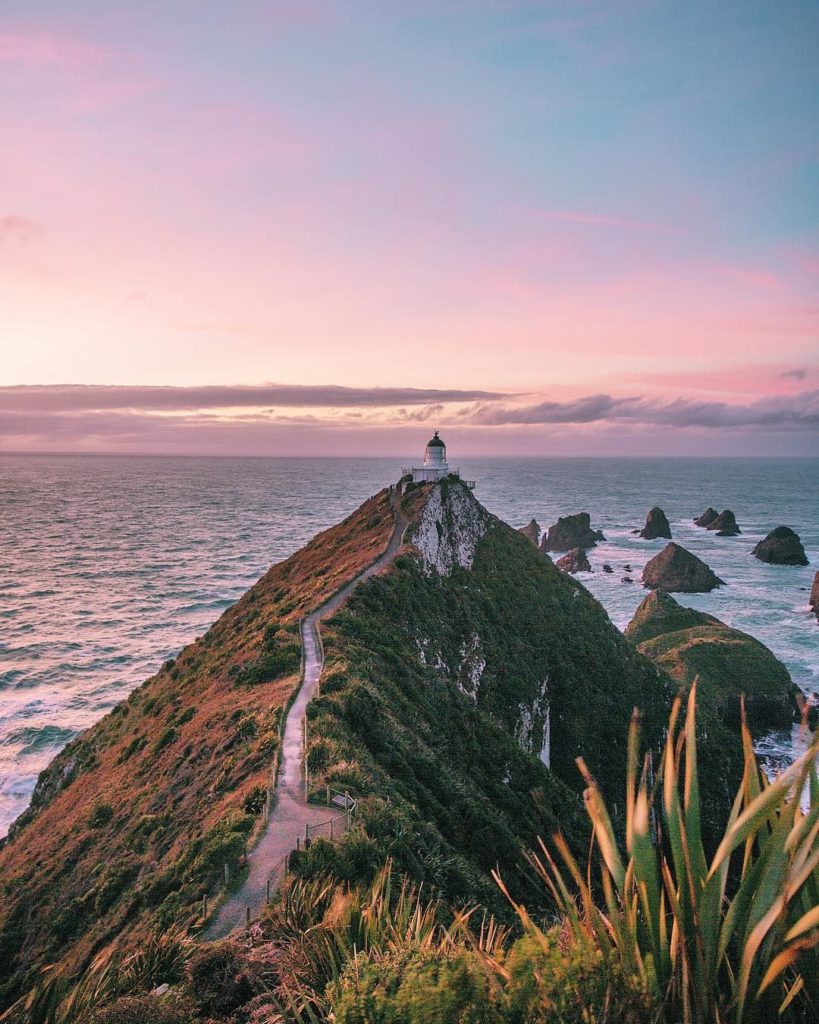
Trying to get home to Australia
Suddenly there were only a handful of flights and they were immediately sold out. I waited months for a flight to become available and the only option I could find was thousands of dollars.
The one flight I found in two months was $14,000. And by the time I could fly home, I would be adding a mandatory $3000 hotel quarantine to my journey back to Australia.
Going home suddenly felt like a distant possibility. Not impossible, but certainly not feasible after being out of work since March.
When friends and even strangers say “you should have just come home”, they’re missing a few factors. There are responsibilities like a 12-month lease to uphold and a partner who can’t travel back to Australia with me.
There’s the difficulty in packing up your life in a short amount of time. There’s also trying to pack everything you own into two 23 kilogram suitcases, as excess luggage is forbidden on repatriation flights.
Then there’s leaving your partner, your best friend, not knowing when you will see each other again.
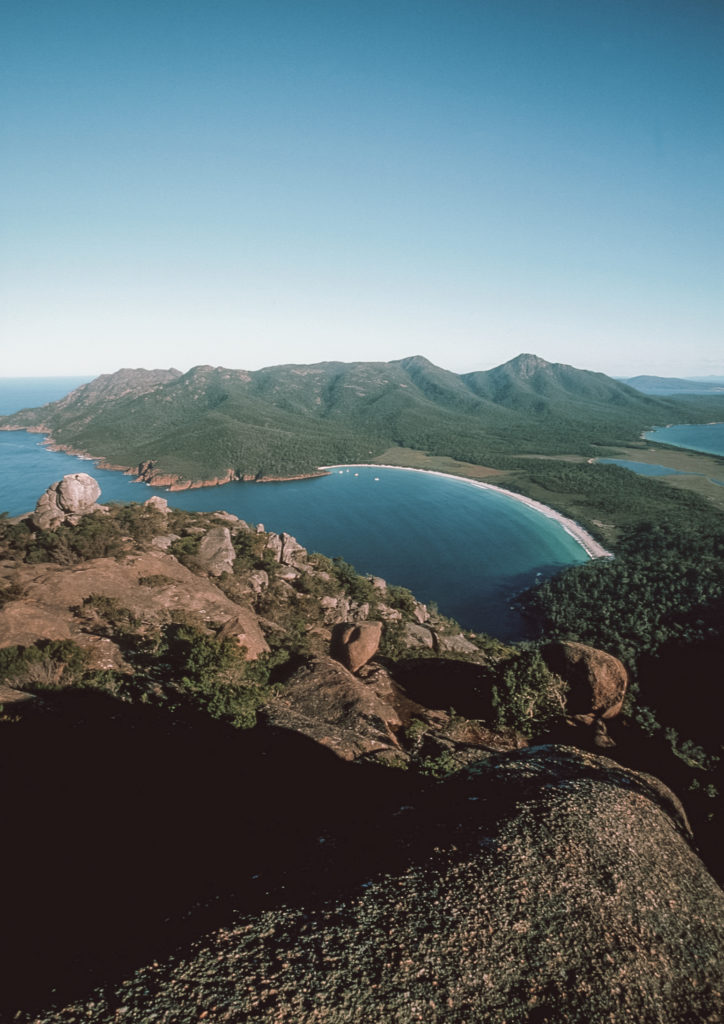
Setting my sights on Home
As the months have progressed, going home has become less of a want and more of a need. I haven’t worked in over five months and to be frank, there’s only so long you can survive on savings.
But going home isn’t straight forward. There are now passenger caps on the amount of Australians who can return home each day. This has resulted in fewer flights available, which has, in turn, skyrocketed airfares.
And even when you can get home, getting a ticket feels like winning the lottery. There just aren’t enough flights for the number of people trying to get home.
Just when it felt like I would be stuck overseas during the pandemic forever, a flight appeared. It was a repatriation flight to Australia with less than a 24-hour notice period to book and pay in full. It felt like a huge gamble, but one I had to take.
Not just for the sake of returning home to paid work, but to also get a grip on my mental health.
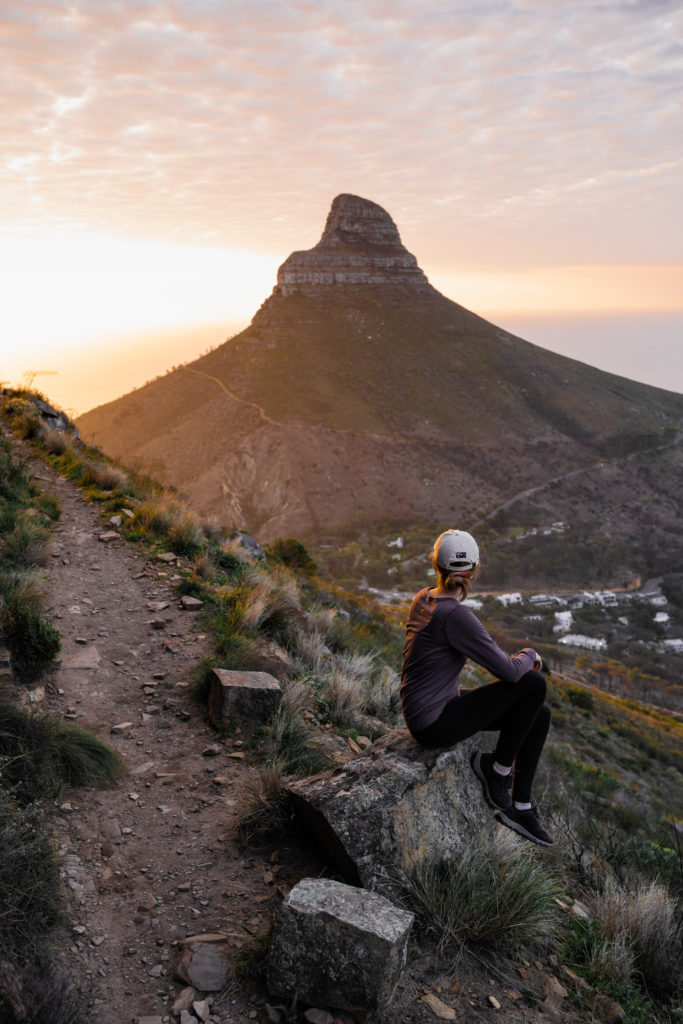
Being stuck overseas during the pandemic
I booked and paid for my repatriation flight within the 24-hour notice period. I’m currently waiting for a confirmation that the flight will take place, as it is subject to so many government approvals.
Firstly, the South African government has to allow the flight to leave South Africa. Many flights have been denied from leaving, even when they are to assist nationals trying to get home.
Secondly, the Australian government has to allow the flight to land. This has become a numbers game as there are caps on the amount of Australians who can land each day. While I understand this is a measure to prevent COVID cases from rising, it doesn’t change the feeling of being stranded overseas.
Will my flight be approved?
My flight was set to arrive in Canberra on Saturday this weekend.
Yesterday I received a notification that it would be delayed another two weeks. There are simply too many passengers on the flight for Australia to approve it, given the strain on hotel quarantine facilities.
So even if you’re willing to part with thousands of dollars for an airfare and $3000 for hotel quarantine, it isn’t as simple as just booking a flight and going home.
I understand I am in a very privileged position to even be able to book this flight. Many others cannot afford it and have families to consider.
This post is for everyone who is far from home and feeling uncertain. I hope others think twice before asking “why don’t you just go home?” As it is not always that simple.
